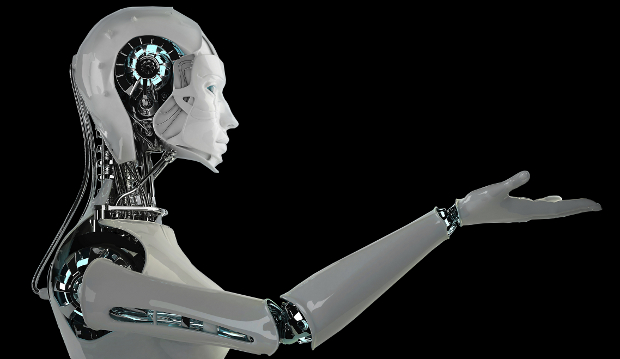As autonomous and intelligent systems become more pervasive, it is essential the designers and developers behind them stop to consider the ethical considerations of what they are unleashing.
That’s the view of the Institute of Electrical and Electronics Engineers (IEEE) which this week released for feedback its second Ethically Aligned Design document in an attempt to ensure such systems remain human-centric.
“These systems have to behave in a way that is beneficial to people beyond reaching functional goals and addressing technical problems. This will allow for an elevated level of trust between people and technology that is needed for its fruitful, pervasive use in our daily lives,” the document states.
Ethically Aligned Design: A vision for prioritising human well-being with autonomous and intelligent systems is the result of a year’s worth of discussion by around 250 people from academia, industry and government. It covers a range of related topics including the transparency of autonomous systems, data privacy, algorithmic bias, mixed reality and ‘ethically driven nudging’, the overt or hidden manipulations by intelligent systems designed to influence the behaviour or emotions of a user.
The paper is open to feedback from the public until March.
The IEEE noted that Ethically Aligned Design is not a code of conduct or a professional code of ethics.
The goal is to “move beyond both the fear and the uncritical admiration regarding autonomous and intelligent technologies,” the group said, and give technologists the education, training, and empowerment to prioritise ethical considerations.
“We believe explicitly aligning technology with ethical values will help advance innovation with these new tools while diminishing fear in the process,” the IEEE said.
IDG News Service







Subscribers 0
Fans 0
Followers 0
Followers